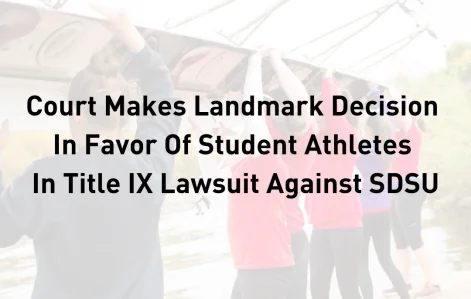The ethical responsibility of professionals working with survivors of sexual assault extends far beyond their immediate scope of work. In research, advocacy, or providing services, those engaged in supporting survivors must not only ensure that the information they disseminate is accurate but must also make efforts to understand resources that may exist outside their expertise, particularly in legal contexts such as civil litigation. Failure to do so can perpetuate harmful misconceptions and ultimately disempower the survivors they aim to help.
One glaring issue that has emerged is the misrepresentation of civil litigation options for survivors of sexual assault. For instance, many nonprofit organizations or researchers have misled survivors into believing that civil justice is financially out of reach, claiming that attorneys’ fees are prohibitively expensive. This could not be further from the truth. Civil attorneys working on sexual assault cases often do so on a contingency basis, meaning survivors do not pay upfront costs or fees. Instead, the attorney assumes the financial risk, and survivors only owe a percentage of the settlement if they win the case. If the case is unsuccessful, the survivor owes nothing. This model allows survivors to seek justice without financial barriers, yet the opposite is often presented in public discourse.
It’s particularly troubling when reputable researchers, books, or websites dedicated to trauma survivors reinforce these false narratives, shutting down survivors’ access to a critical avenue for justice. This misinformation denies them not only potential financial reparations but also the opportunity to hold perpetrators accountable outside the criminal justice system. Civil litigation offers survivors a measure of control and closure that criminal cases often cannot.
Moreover, the exclusion of civil attorneys from important platforms exacerbates this problem. Conferences that bring together advocates, prosecutors, law enforcement, and other professionals dedicated to survivor justice often fail to include civil attorneys. These events, which are meant to provide comprehensive support for survivors, overlook the crucial role that civil litigation can play. Without this piece of the puzzle, survivors and advocates alike are left with a narrow, incomplete view of justice. It is not enough to support survivors through criminal proceedings and advocacy alone—civil litigation needs to be understood as an integral part of a survivor-centered justice strategy.
Advocacy groups, particularly those that have been established for decades, must take on the responsibility of educating their staff and the public about the full spectrum of legal options available to survivors. This includes incorporating civil law into their training programs, outreach, and support services. Advocacy groups should be training advocates on how to guide survivors through the process of civil litigation and offering connections to attorneys who specialize in this area.
Additionally, multidisciplinary groups that involve law enforcement, rape crisis centers, and other service providers must also include civil attorneys in their collaborations. A truly holistic approach to supporting survivors demands that every avenue of justice is explored and made accessible, not just those traditionally emphasized. The omission of civil litigation from these discussions perpetuates a self-centered model of advocacy, one that focuses more on the comfort zones of the professionals involved than on the needs of survivors.
Ultimately, those working in the field of survivor justice have an ethical duty to be informed about the full range of resources and options available to survivors. Providing incomplete or inaccurate information does not just mislead—it can actively harm the very people these professionals seek to protect. Survivor-centered justice requires the dismantling of these barriers to civil justice, ensuring that every survivor knows their options and has access to the full support they need and deserve.





